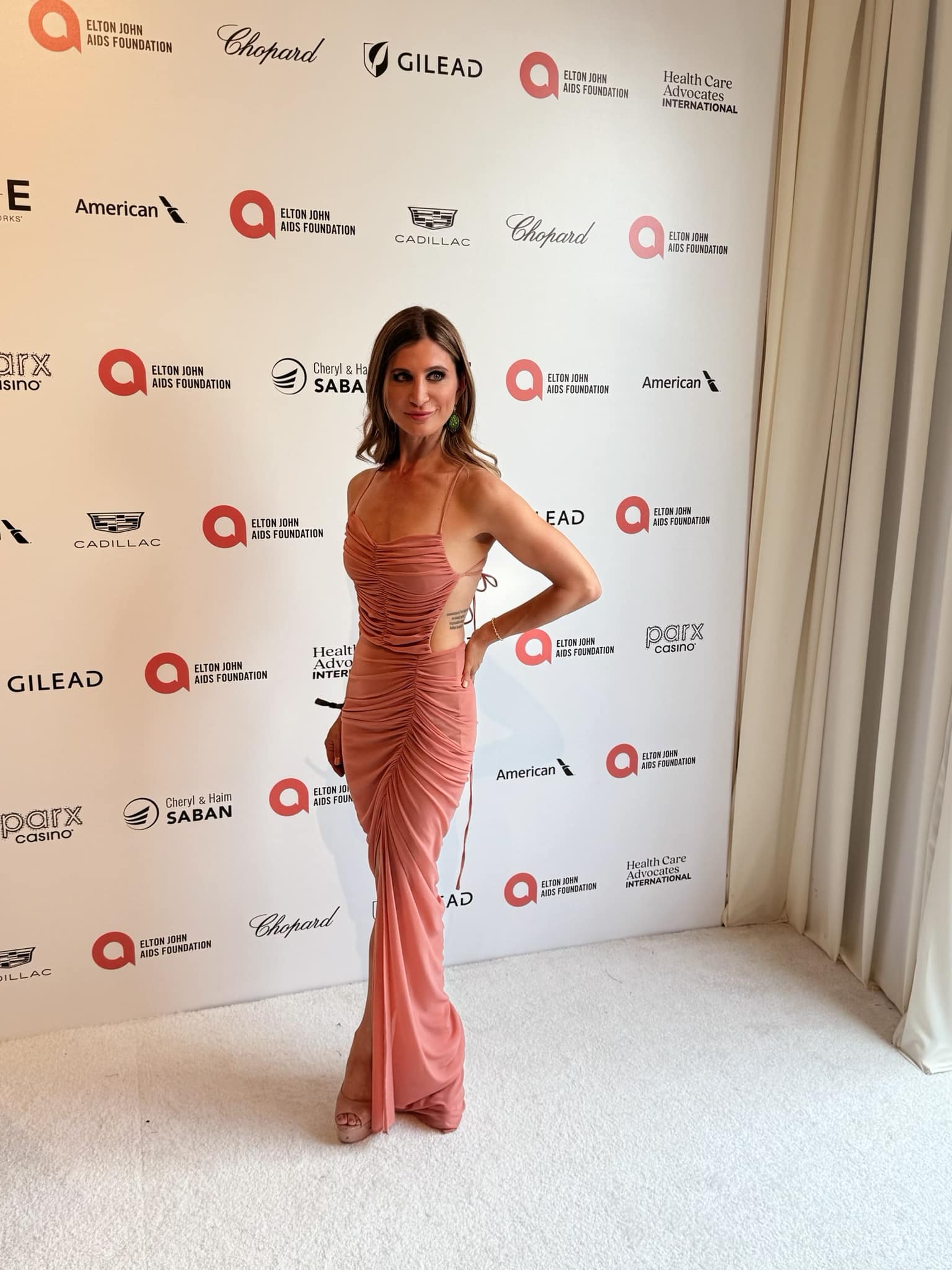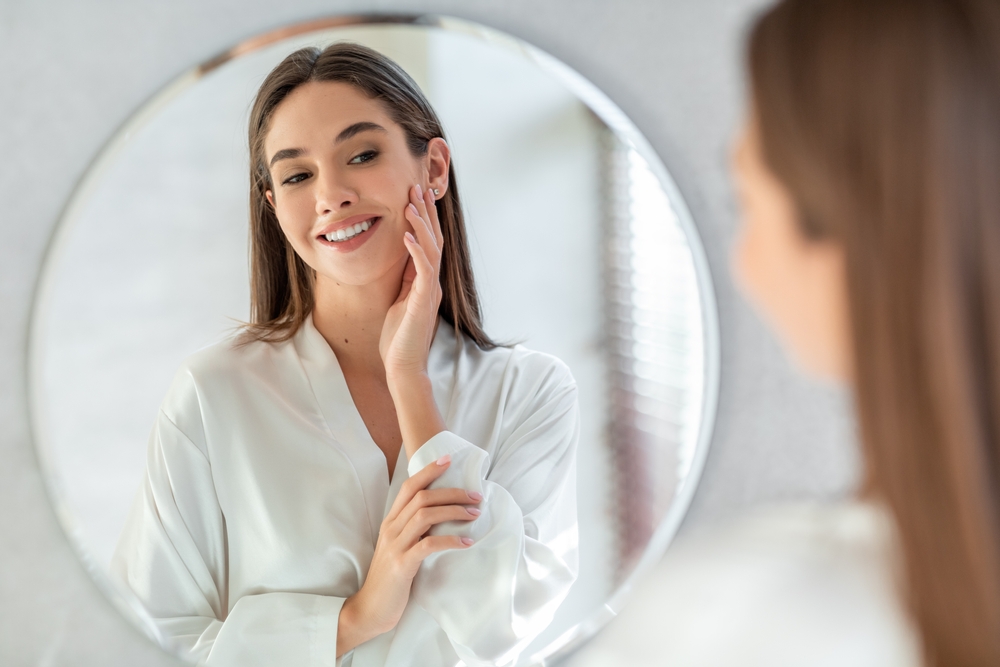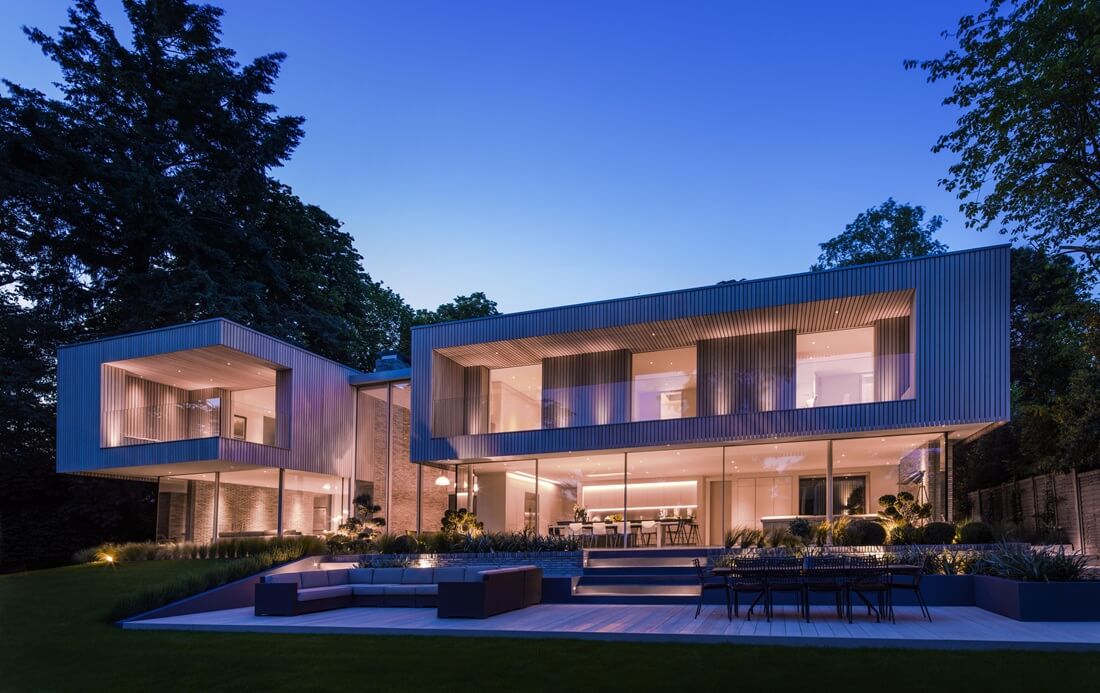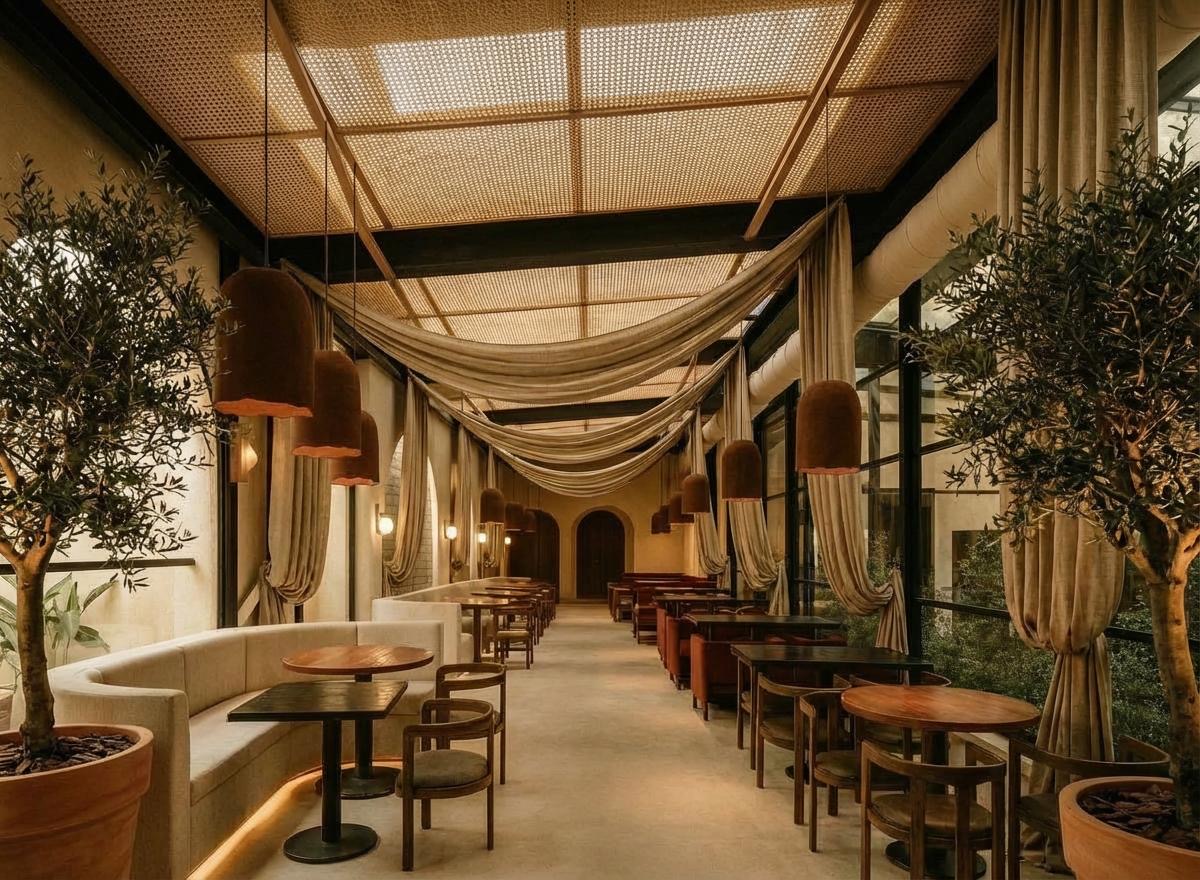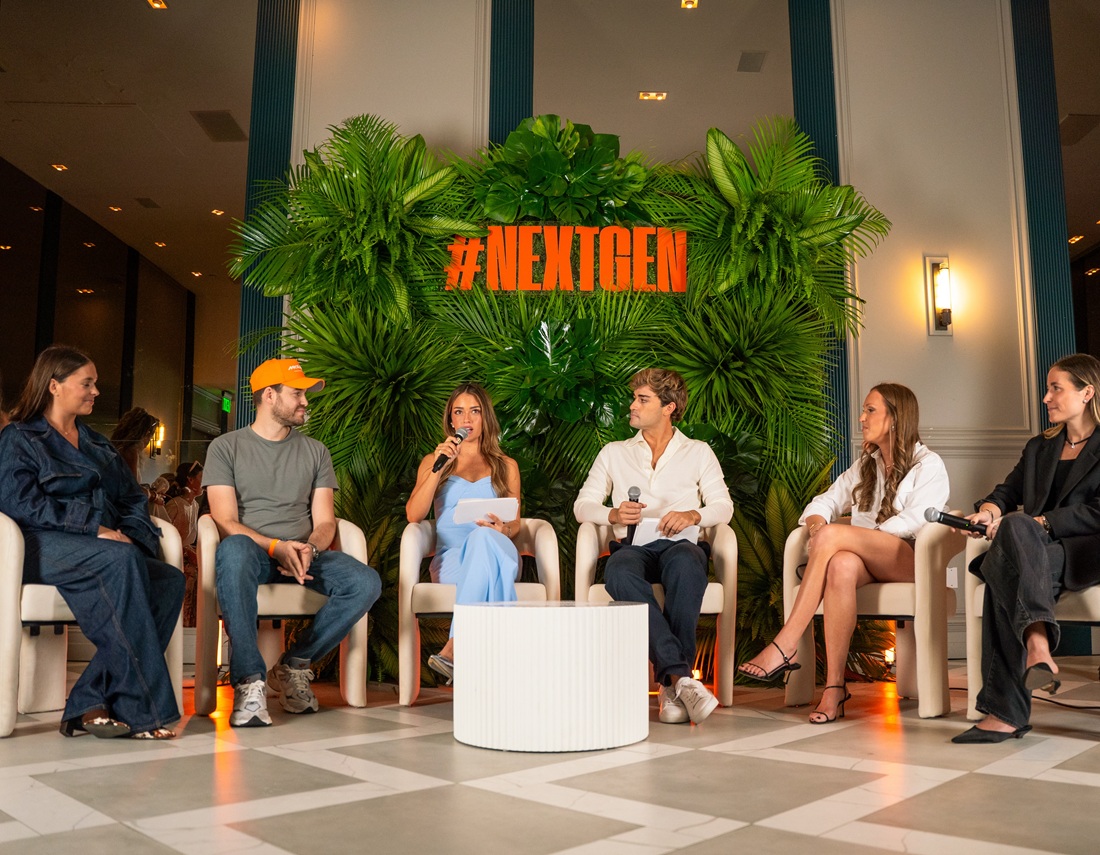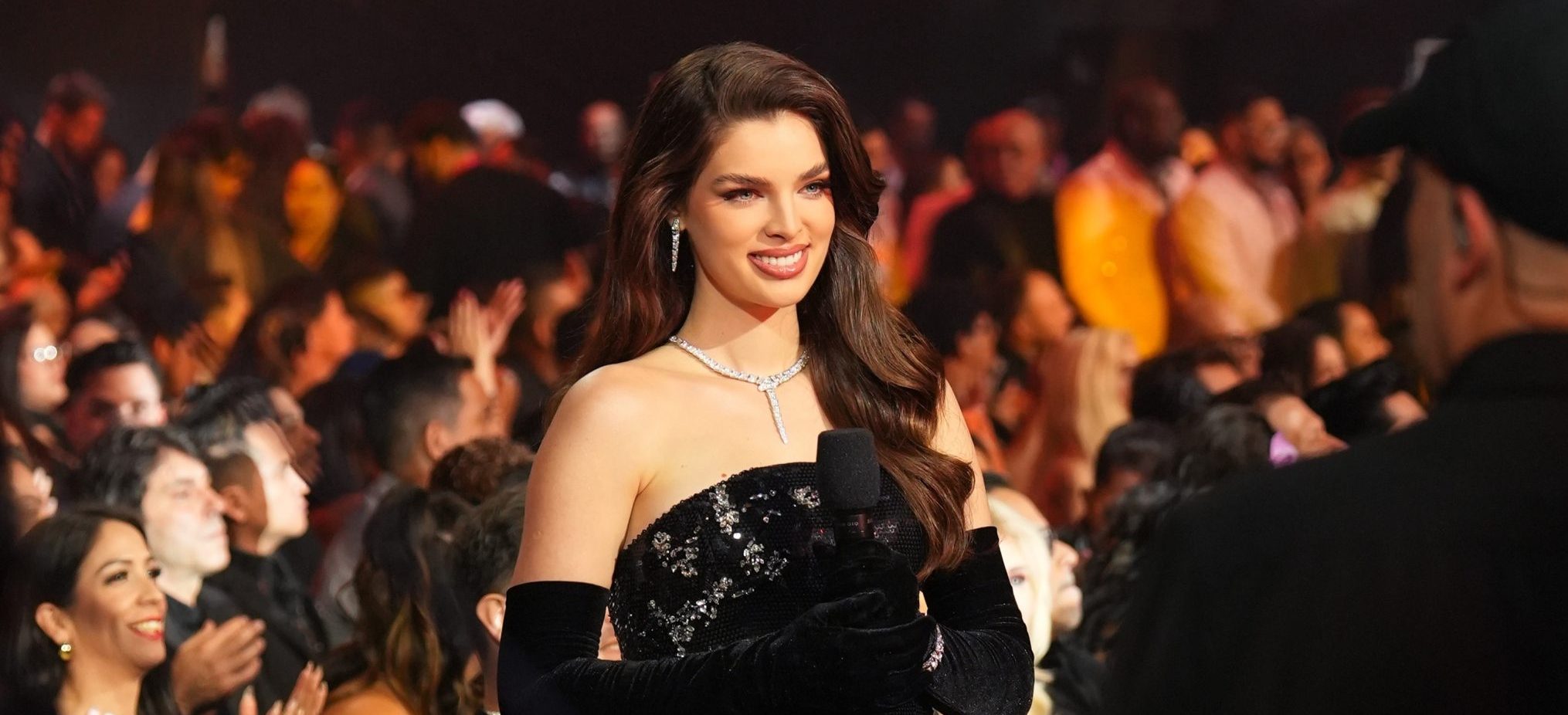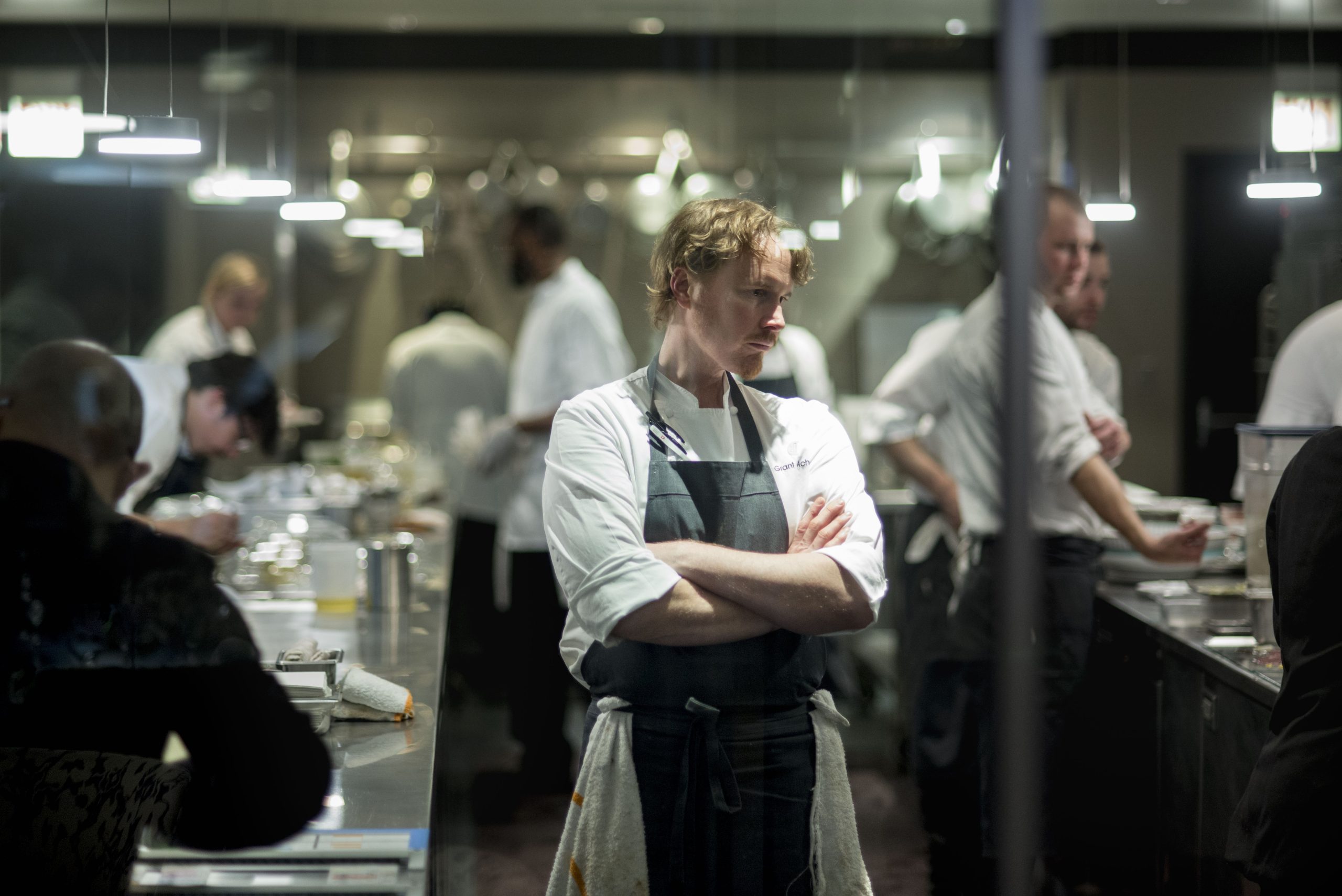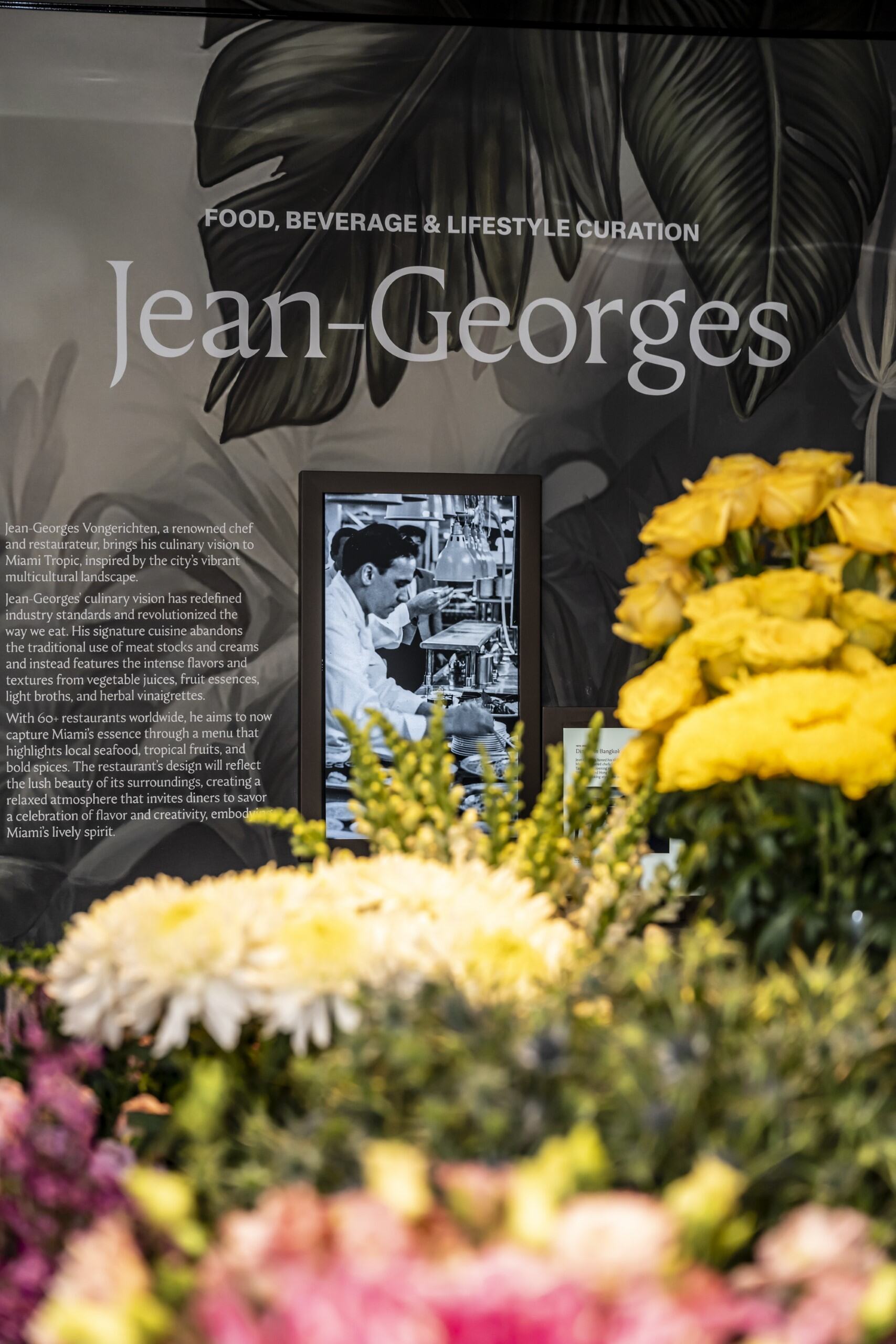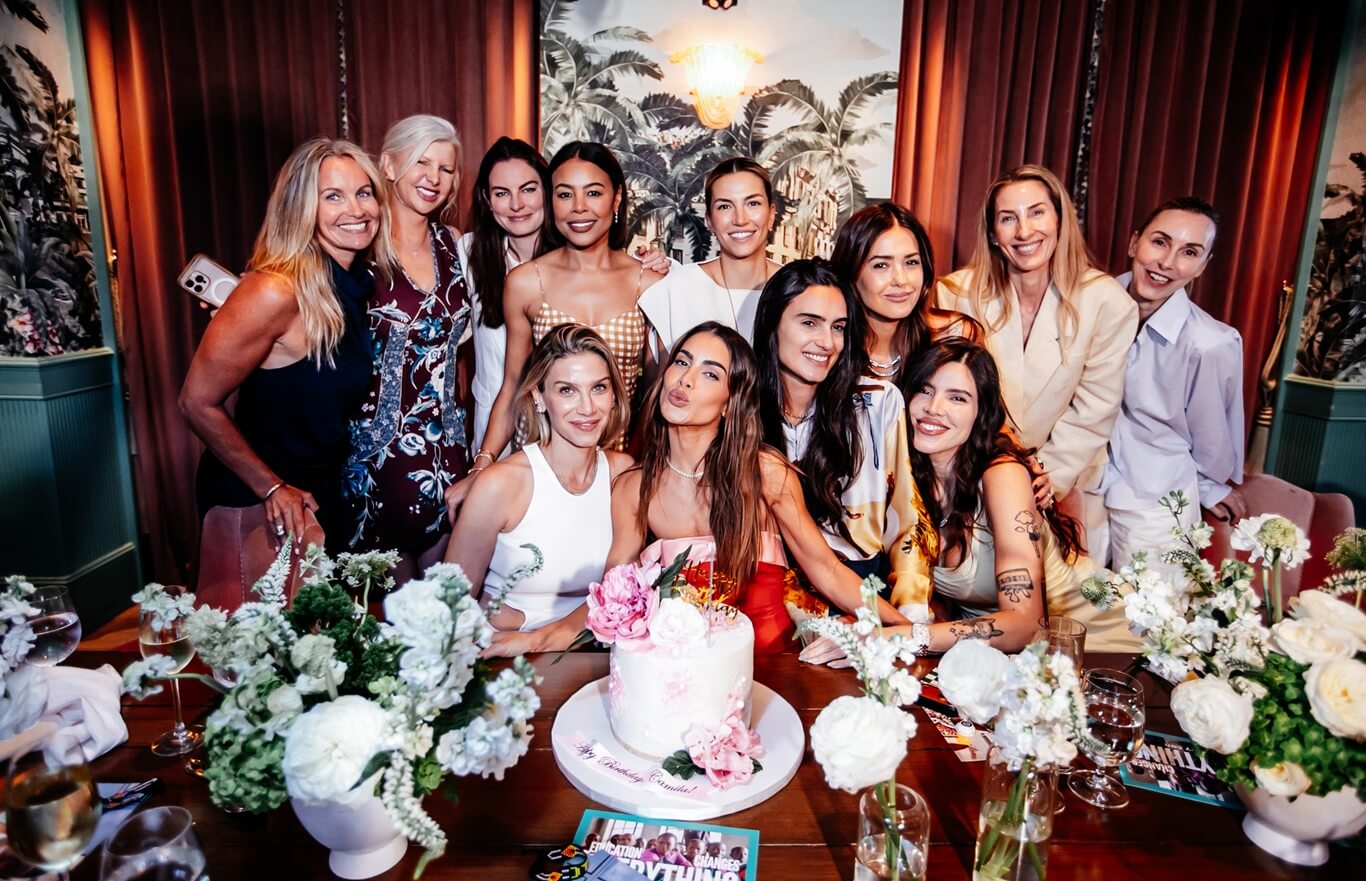We Have The Secret Recipe To Daniel Boulud’s Success & It’s Surprising
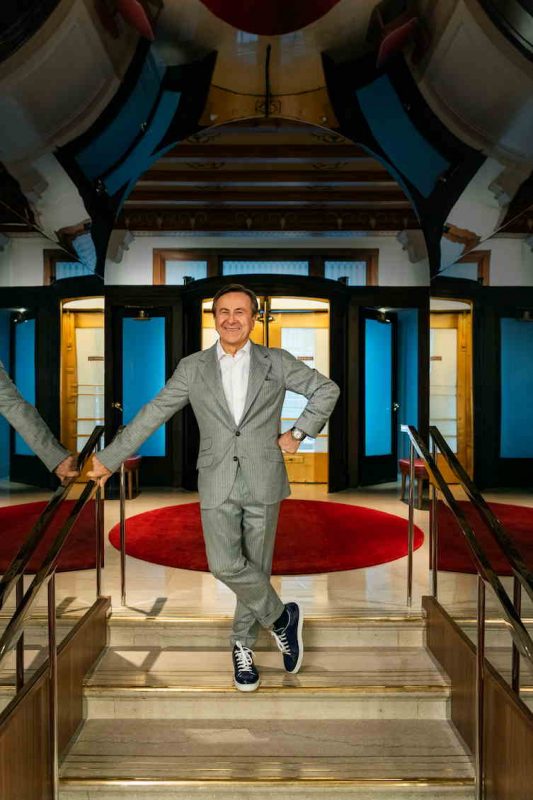
WATCH: Hublot
SHOES: Berluti
BY LAURA SCHREFFLER
PHOTOGRAPHY SCOTT MCDERMOTT
STYLING ADRIENNE FAUROTE
GROOMING OLGA POSTOLACHI
SHOT ON LOCATION AT RESTAURANT DANIEL, NYC
“Oh my god, look what I received!” Daniel Boulud exclaims, clapping his hands with childlike delight 40 minutes into our October interview.
It seems to be the surprise of his life, this gift. Already I’m envisioning what sort of special delivery could cause such excitement for the man who owns New York City’s most expensive restaurant. Could it be a Hublot timepiece? A bottle of 1945 Petrus? A $35,000 tin of Almas, the world’s most expensive caviar? Not even close, though by his reaction, you’d expect it to be.
“A friend just sent me fresh peanuts from Georgia. Four bags! I’m going to boil peanuts!” the 66-year-old two-Michelin-starred chef declares gleefully.
Although I met him — virtually, as it were — less than an hour ago, I’m already aware of this much: this is his natural reaction to everything. He has a boyish, dimpled grin that pops out at will, and that matches a refreshingly rare joie de vivre. To the Lyon-born Boulud, every moment, no matter how big or small, is a gift. It’s hard not to wonder if this inherent joy, alongside his exceptional culinary skills, is the secret to his success.
After all, there are many incredibly gifted chefs, but there is only one Daniel Boulud.
I comment on his happiness and say he seems to be typically in a good mood. “It’s true!” he twinkles back in response. “That’s the direction of the pressure.”
Is it though, really? The hospitality industry — and restaurants in particular — has cracked under the weight of Covid-19. Many of Manhattan’s stalwart fine eateries, such as Bouchon Bakery, Hakkasan, Aquagrill, the Beatrice Inn and even his own Café Boulud closed permanently.
But though he says it was tough, Boulud’s inherent optimism never failed. The 2 Michelin-starred chef made lemonade out of lemons and even opened not one but three new restaurants during the pandemic.
So how did he do it? Did his natural pluckiness pave the way for a yellow brick road through the greatest global crisis the world has seen in a while? Well, yes, in a way, it did. But he also had a smart, savvy team at his back. He had compassion. And he had smarts.
Alongside his relatively new CEO, Sebastian Silvestri, he strategized a way to protect his staff and created Hand in Hand, a Daniel Boulud Foundation. He raised nearly $750,000, which was redistributed one small grant at a time, by offering Zoom cooking classes and through the support of longtime partners. He also established the nonprofit Food1st Foundation with SL Green Realty Corp. chairman and CEO Marc Holliday, which helps feed emergency service workers and neighbors with limited access to food by partnering with fellow Big Apple eateries in a way that also seeks to revitalize the city’s food and beverage industry. Since its launch last April, the organization has produced almost a million meals for World Central Kitchen and Citymeals on Wheels. And finally, last May, he launched the delivery concept Daniel Boulud Kitchen, which has evolved into a nationwide brand and offers his signature dishes nationally via Goldbelly.
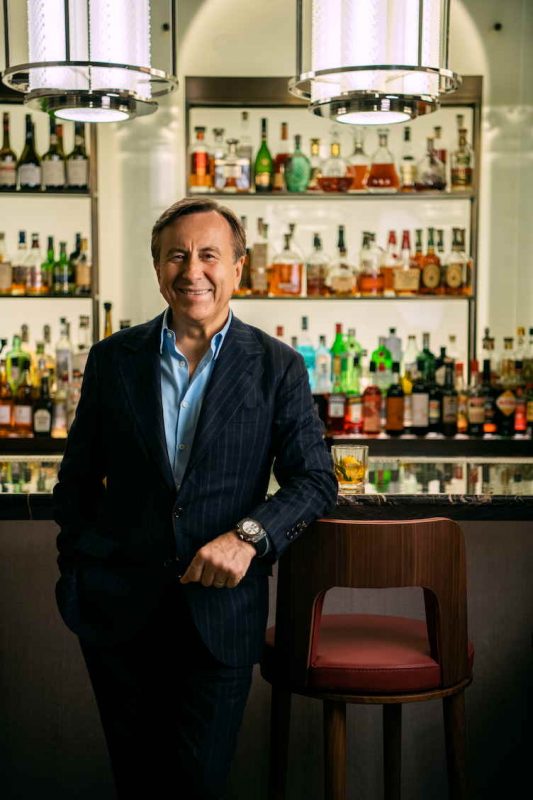
WATCH: Hublot
Photo Credit: Scott McDermott
“It kept us occupied a little bit while the restaurant operation was shut down,” he explains. “Eight hundred people were furloughed. We really had to pivot quickly.”
He began to bring back his staff after Food1st thew its first gala — a tiny affair for 100 people — with entertainment provided by Broadway actors and singers, all behind plexiglass, who were currently out of work with the Great White Way on pause. “It was surreal, what we had to go through to find something normal in everything abnormal,” Boulud says.
He’s well aware that the hospitality industry still hangs in the balance. Things shift day by day, and winter is coming. But for the moment, there is a détente, and while his team is still wearing masks and being cautious, he very much intends to make the fine dining experience comfortable for his guests.
“It’s hard to find complete normalcy,” he admits. “But we have to count our blessings, stay positive and keep moving forward. Right now, it’s about looking to the future, hoping for the future and continuing to improve together. There’s been a disruption to much more than the hospitality business here, and I think New York is coming back, but it’s not fully there yet. Not every office is reopened; not every hotel is fully packed by tourists. I hope that sense of normalcy returns next year, but for the time being, we should be happy with what we’ve been able to accomplish and what we have done to get back on track.”
He knows, relatively speaking, that his restaurants did not suffer as much as many of his peers, such as Éric Ripert of Le Bernardin or Daniel Humm of Eleven Madison Park, though he applauds the latter’s innovation during the pandemic in becoming a totally vegan eatery. “Daniel decided to use his kitchen as a commissary and work with a local charity that was started by one of his ex-employees,” he says. “His presence was not needed at Eleven Madison Park because it had not yet reopened, and when it did reopen, he used that time to change for the sake of renewal, a new beginning, the opportunity to reset. Daniel has always been a creative person, one who likes to challenge himself in a direction that maybe no one else will go. I admire his talent, his vision.
“But I am different, and I also have more diversification in my business,” he continues. “I wanted to make sure that some of them were starting up again, at least. Because of what I did with Restaurant Daniel during Covid, and its location, it worked out very well for me — but it didn’t give me a break.”
Boulud himself went into hyperdrive, determined to keep his 30-year empire afloat. He couldn’t see any other way of surviving than to move forward with a smile on his face. “We tried not to be totally despairing, and constantly tried to lift one another up,” he says. “We also tried to be really careful with our staff. We wanted to get them back to work as quickly as possible but with every safety measure taken to make sure they were protected.”
He says he couldn’t afford to slow down, to stop working, to stop looking for ways to innovate, especially during the height of the pandemic.
“For a year and a half, because I am so involved in the business, I feel like I have never had a break. I never felt free to go and maybe forget everything for a week or two. It’s been a constant reminder to us executives to stay very close to our business and work very hard at protecting that business, and to provide service to our customers even if we don’t have the full staff we used to,” he says.
Slowly but surely, he began to reopen his eateries. When only 25 percent occupancy was allowed in New York, he enlisted the help of architect and designer Stephanie Goto, who also helped design his personal apartment, to create Boulud Sur Mer (a play on words inspired by the French Riviera village Beaulieu-sur-Mer), an immersive Mediterranean pop-up that transformed the interior of his iconic Restaurant Daniel into an intimate, uplifting space with (smart) assistance from sponsors like Hermès\Dedar wallpaper company, Lavazza coffee, Evian and American Express. A slew of newly built sidewalk bungalows helped those afraid to eat indoors feel comfortable enough to enjoy a fine dining experience again.
At the same time, he moved forward with the renovation of Daniel, which had been planned for 2019, but… Covid. Thanks to a refresh by Tihany Design, the restaurant, which celebrated its 28th anniversary this year, is brighter and more modern, with a contemporary look thanks to a new, Matisse-inspired color palette of white, pale gray and blue; wavelike wooden screens to afford more privacy; large-scale artwork courtesy of figurative artist Alex Katz (part of a rotating art program in conjunction with art adviser Janis Gardner Cecil); LED-lit frescoes; a stainless-steel archway; a revitalized bar and lounge look; and custom-made pieces from Lalique, including mirrors, a chandelier and a bar façade that will be completed mid-month. In addition to the redesign, the more casual approach of Boulud Sur Mer has reverted back to Daniel’s previous signature formula of four- and seven-course tasting menus.
In addition, in perhaps his most baller pandemic move to date, he bravely decided to open Le Pavillon at One Vanderbilt in May. Midtown, essentially New York’s most populated district, had suffered greatly during the pandemic, with an alarming number of closures. But Boulud was bold, and as we know (at least in his case), fortune favors the bold. By opening this new eatery, he was taking a calculated risk that opened the doors for indoor dining to resume in a gourmet way.
And there’s no doubt about it, Le Pavillon is a triumph. Isay Weinfeld is responsible for the interiors of the multi-story space, which feels like a zen oasis in the midst of Midtown thanks to a landscape of lush gardens, tall olive trees and a tailored dining room with soaring ceilings. Natural elements such as tables made of American walnut, gilded lamps shaped like mushrooms, Herman Miller cane chairs and a totem-style glass chandelier enhance the au naturel feel and provide the perfect foil to Boulud’s seafood-centric and vegetable-focused menu.
But that’s hardly all. Boulud is back with a vengeance. In addition to keeping his restaurants in Miami, Montreal, Palm Beach, Toronto, Singapore, Washington, D.C., and Dubai afloat, he opened his fourth location of Café Boulud at the Rosewood Baha Mar resort in the Bahamas in March, his fifth Café Boulud at Blantyre Resort in the Berkshires in April, and Épicerie Boulud at One Vanderbilt in May; his restaurants also include DB Bistro Moderne, Bar Boulud and Boulud Sud. He is planning a further expansion of his Café Boulud eateries and will open his first Los Angeles restaurant at the Mandarin Oriental Residences in Beverly Hills next year.
And if it isn’t abundantly clear at this point, Boulud has done it all with a smile on his face.

WATCH: Hublot
Photo Credit: Scott McDermott
Daniel Boulud is showing me around the Skybox at Restaurant Daniel. It’s a virtual tour over Zoom, and when it’s over, I’m immediately despondent that I couldn’t be live in person to experience the real thing. It’s one of the most unique tables in all of New York — a glass-enclosed space with a private table adjacent to his personal office that offers a curated eight-course tasting menu, overlooking the kitchen (which he likens to watching the Knicks from a skybox at Madison Square Garden) and chock-full of personal photographs and mementos from the restaurant’s nearly 30-year history. Here’s a photograph of Boulud with Andy Warhol; there’s one with the Dalai Lama. More snaps show Boulud with mentors Roger Vergé and Paul Bocuse, Lady Gaga, Diddy, Jay-Z, Woody Allen, soccer champion Pelé, architect Peter Marino, Julia Child.
“These are my souvenirs,” he says with his typically sweet smile. “Me with many different presidents and fancy people, and a lot of friends as well.”
But then, Boulud has been pushing the envelope and creating culinary institutions for more than two-thirds of his life. He was raised on a farm in Saint-Pierre-de-Chandieu, France, outside Lyon, and was just 14 when he began an apprenticeship with Gérard Nandron of two-Michelin-starred restaurant Nandron in Lyon, quickly moving on to work at three-Michelin-starred Le Moulin de Mougins, three-Michelin-starred La Mère Blanc and three-Michelin-starred Les Prés d’Eugénie. A brief stint in Copenhagen led him to Washington, D.C., where he was the chef for Roland de Kergorlay, ambassador to the European Commission, from 1979 to1980. From 1982 to 1984 he worked at the Polo Lounge in the Westbury Hotel alongside a young Thomas Keller, from 1984 to 1986 at Plaza Athenée, and from 1986 to1992 at Le Cirque. In 1993, he opened Restaurant Daniel, which has two Michelin stars. He has won six James Beard Awards, has received the prestigious International Eckart Witzigmann Prize (which honors exceptional achievement in the culinary arts), and in 2013 was inducted into the Culinary Hall of Fame.
So yes, given his career trajectory, he’s met more than his fair share of VIPs. But how does one get more than a virtual tour, I wonder aloud? “You have to be my friend!” he laughs. Which is indeed true and much preferred, but the space can also be rented for charity events or special occasions.
The latter is something we discuss substantially. New Yorkers and, indeed, all Americans are intent on making up for lost time — missed major celebrations — and they’re doing it in a big way. A meal at Daniel, easily one of the top fine dining restaurants in Manhattan with a 2,000-strong wine list that even boasts a $10k bottle of 1918 Chateau D’Yquem and a unique private dining, eight-course experience in the Skybox for $1,000 per person, seems like a perfect choice.
“We witness this every day,” Boulud says. “We see people having missed celebrating milestones in their lives, and we see that people want to indulge in the right way, do it for the sake of appreciating that we are in better times. The pandemic has been hard on many people, but now it’s starting to feel like there is some normalcy again.”
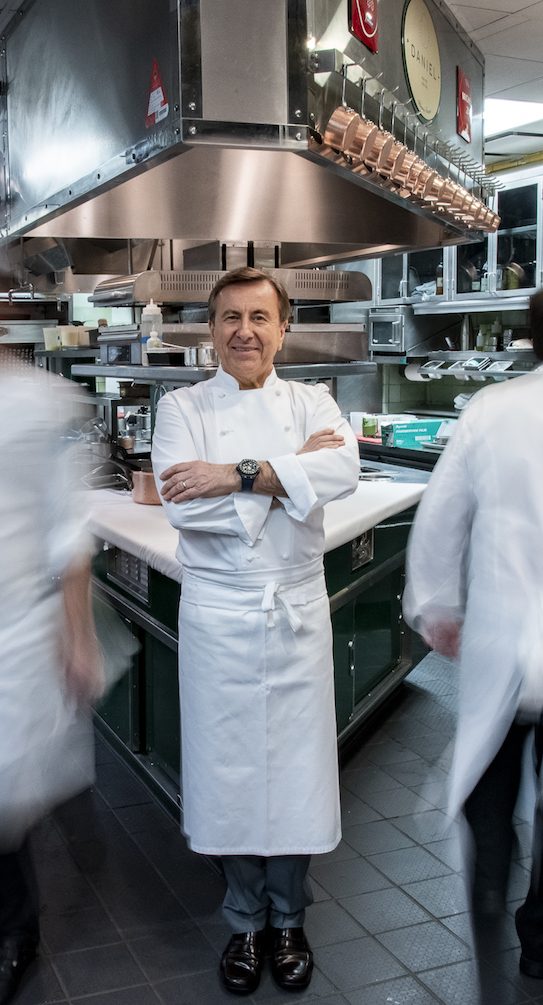
Photo Credit: Scott McDermott
So he’s trying to be consistent across the generations, to offer up the Restaurant Daniel experience in a way that patrons are used to — an experience that he has found bridges all ages, all groups. There’s comfort in consistency, after all.
“I’ve been cooking at Daniel for four decades, and I don’t have too many customers left from my first decades, but still, children would eat at Daniel [with their parents back in the day]. Now those children are grown up, and they’re eating at my restaurant still. The loyalty of New Yorkers has driven me to keep pushing and evolving. Also, a lot of young, new-generation customers are coming. They can afford it, and they’re knowledgable and sophisticated enough that they aren’t intimidated by it. The last thing we want is to be a has-been restaurant.”
Under Boulud’s watch, that will never happen. His energy speaks to all; he is as gregarious to a millennial as he would be to someone of the old guard, and it shows. All are afforded the same, perfect experience.
“People want the pinnacle of fine dining because there’s an opportunity to have amazing wine, amazing food, amazing service and amazing décor,” he says. “It’s an experience. Yes, you can sit on a wooden bench and eat incredible food out of a paper box, that’s true, but it’s no comparison. When you walk into a Hermès or a or a luxury hotel, you appreciate the refined elegance and craftsmanship. It does not mean you walk in there or stay there every day, but when you do have the chance, you really appreciate it, that level of pampering and luxury. I think luxury will never die. There’s an appreciation for excellence that is unique and that you cannot replace. [I mean], if you can afford to buy a Ferrari, you’re definitely going to want to drive one.”
Which is why, in particular at Restaurant Daniel and Le Pavillon, guests won’t see him trying anything new in terms of the wine list. In particular, he pooh-poohs organic wine, saying, “There’s a lot of truth and a lot of lies to this. People drink the Kool-Aid, saying ‘I only drink organic wine’ without actually knowing how it’s made. And there are a lot of great organic wines, but there’s also a lot of crap. They’re drinking crap because they don’t know better. But of course, wine is a personal taste. I like hipster wine when it’s good; the same with beer and cocktails.”
So he’ll keep the much-lauded list at Daniel as is, thanks very much, but he will be making some concessions to the menu as time goes on.
“We’ve always been very seasonal and ingredient-driven, with a lot of creative flavors, textures and techniques that don’t belong in any French repertoire, but that help bring layers of complexity and taste. We like to be creative. And during Covid, we went for a more casual approach — including no more dress codes.” He pauses for a moment and continues, “Well, the dress code was never really enforced anyway, just suggested. It was wearing a jacket in the dining room at least. Ladies dress up, so why shouldn’t the men? [I’m aware] that designer jeans sometimes cost more than a suit, and that’s fine, but some people come in looking like they’ve been wearing those jeans for days. We like people to look proper for a special occasion.”
Speaking of special occasions, well, that would be the break Boulud finally got to take after nearly 18 months of nonstop work. He, wife Katherine and his two young children (he also has a daughter from a previous marriage) headed to the South of France to visit family and enjoy a much-needed getaway. “We had a little vacation for ourselves. That was a redeeming moment. It was really a freedom, total freedom, and I don’t take it for granted,” he says.
That vacation was a luxury, and for someone who works as hard as Boulud does, he truly embraces each and every moment with uncommon passion. “To choose to travel, to drive a beautiful car, to take a journey, to see a movie, go to a play or a restaurant or even to come home and cook with my family, those are luxuries,” he declares. “But the truest luxury is time. Time to be with my loved ones, to do what I love. I love to work — and I work too much.”
There’s no such thing as working too much, I tell him. It’s part of the American dream, after all. He smiles, his signature happy-go-lucky Boulud grin, in his Skybox, surrounded by photographs of his celebrity friends and the evidence of his success. “Tell me about it,” he says.
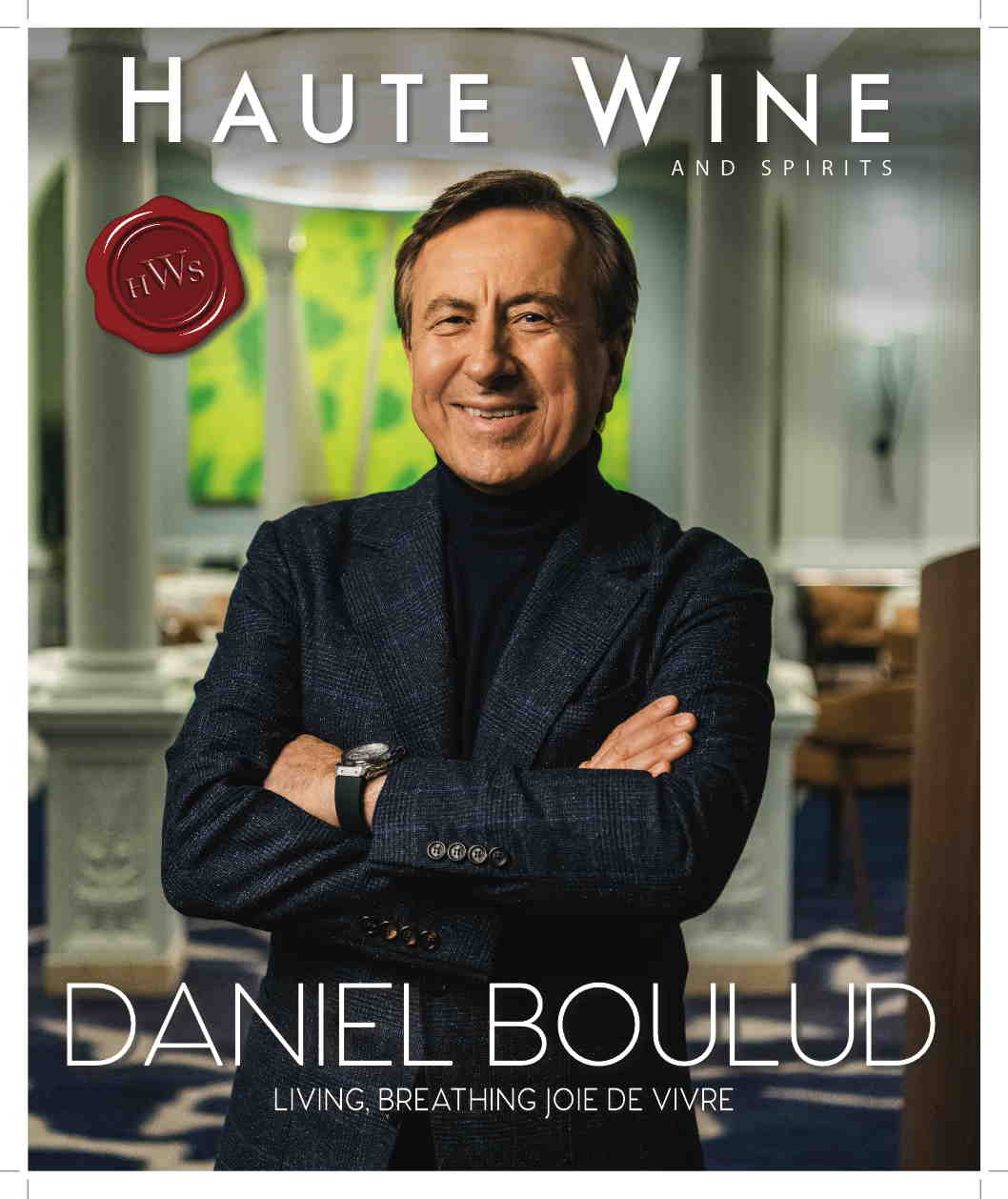
WATCH: Hublot
Photo Credit: Scott McDermott

